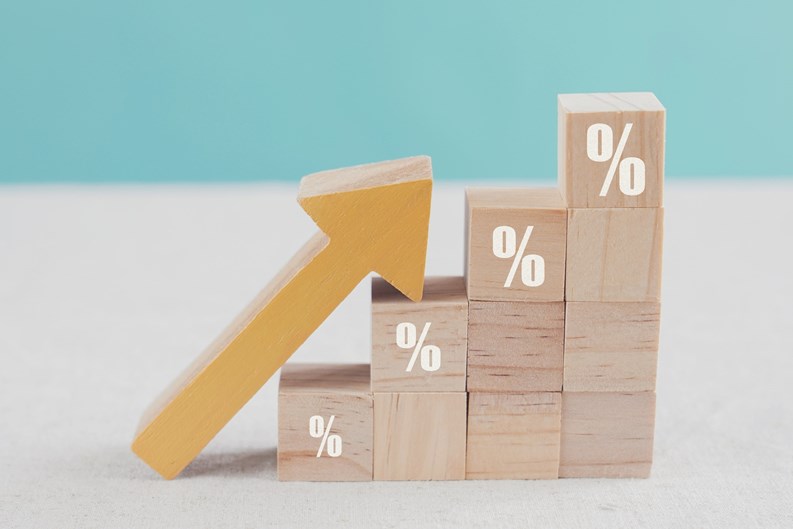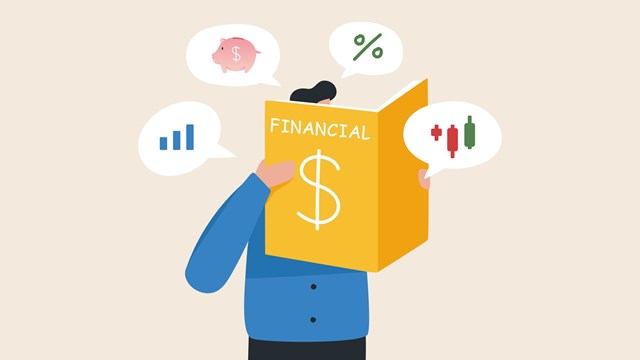Q. As we all know, the cost of everything, including services and materials related to maintaining an association property, has risen dramatically over the last couple of years. Clearly, our association budget and monthly fees should be substantially increased to keep up with this inflation, but the board of our condominium association is worried about hitting owners too hard with a big fee hike. Is there any limit on how much a board can increase fees at one time? I’m worried that in order to keep fees from rising, the board will start skimping on services that affected our decision to purchase our condominium.
—Worried About Shortfalls
A. “Pursuant to the Declaration of Trust or the bylaws of the association, the board is required to establish an annual budget that includes all of the expenses to operate and maintain the condominium as well as provide for an adequate reserve for future capital repairs,” says Cameron Merrill, associate at Merrill & McGeary in Boston. The board has the obligation to the Trust to use its best efforts to correctly estimate the costs to operate and maintain the condominium based on the previous years’ actual costs and estimated costs for the upcoming year, both increases and decreases.
“While the board should be mindful of unit owner expectations and resources, the board has an obligation to fully fund the budget and anticipate future expenses. There is no limit on the amount of a fee increase a board could adopt as long as the common charges are proximate to the actual expenses.
“Of course, budgeting is an art, not a science. Often boards are well advised to be conservative in their budgetary estimates in order to guarantee there will not be a shortfall in the annual budget. It makes sense, for example, to always increase common charges annually, even just 1% or 2% to adjust for inflation. Keeping the condominium fees the same amount year after year will lead to significant problems down the road when costs inevitably increase. Shortfalls will likely require an assessment, which are generally even less popular than fee increases.
“In the grand scheme of things, modest yearly increases are preferred to assessments, and also improve your likelihood of collection of fees and budgetary sustainability.”










Leave a Comment